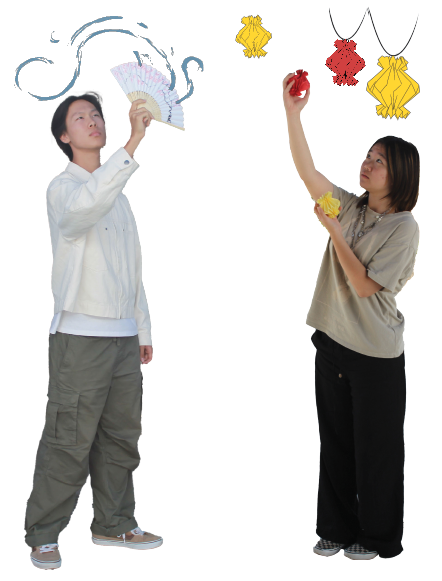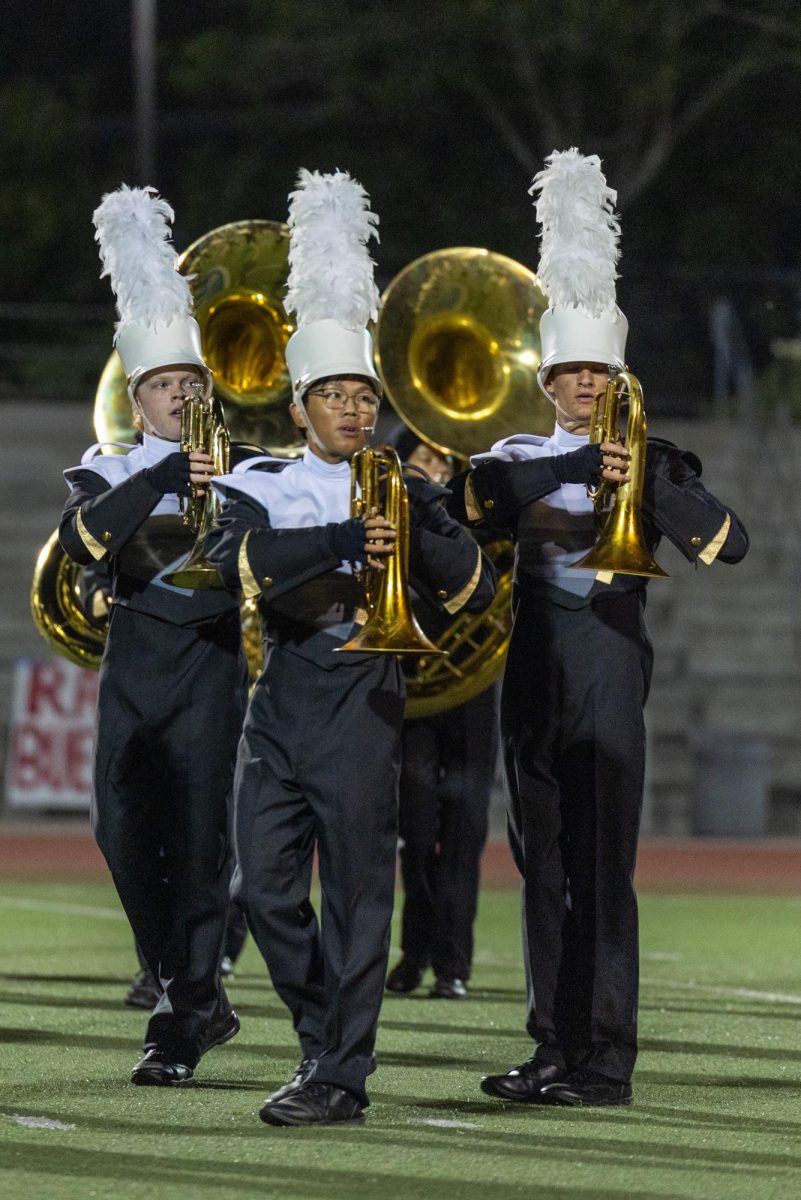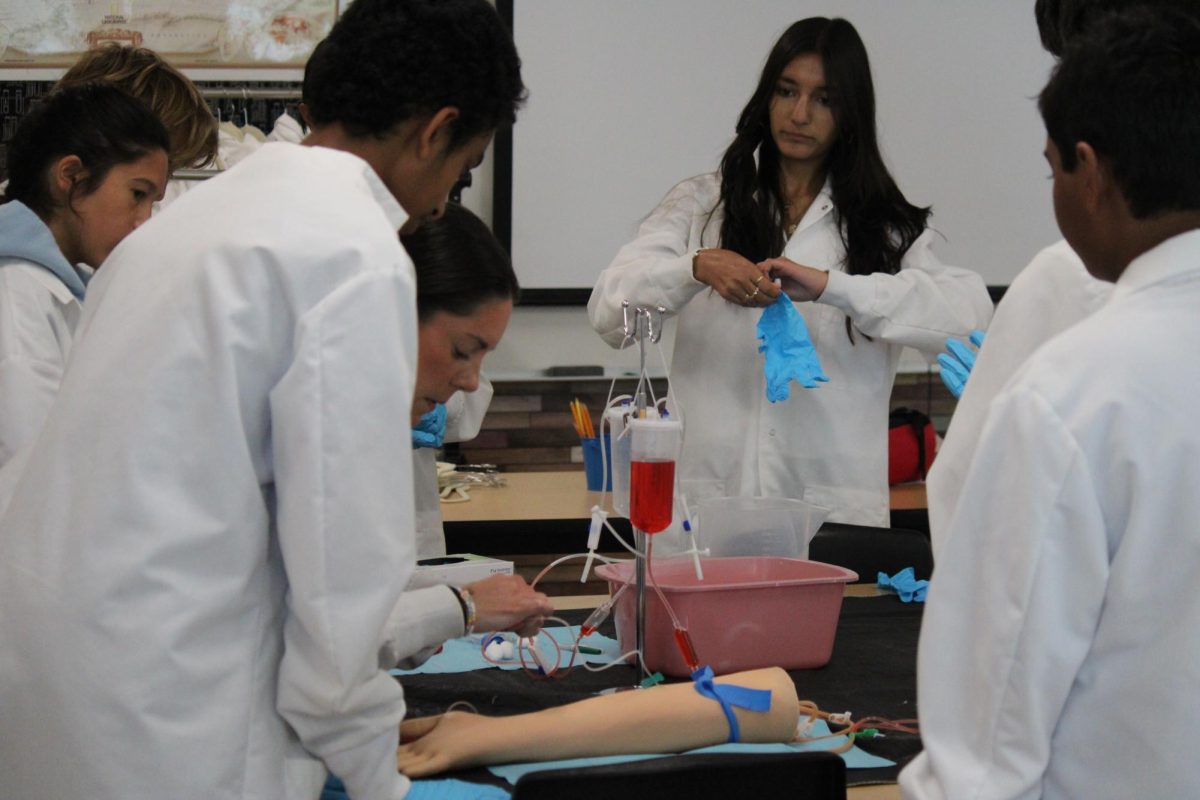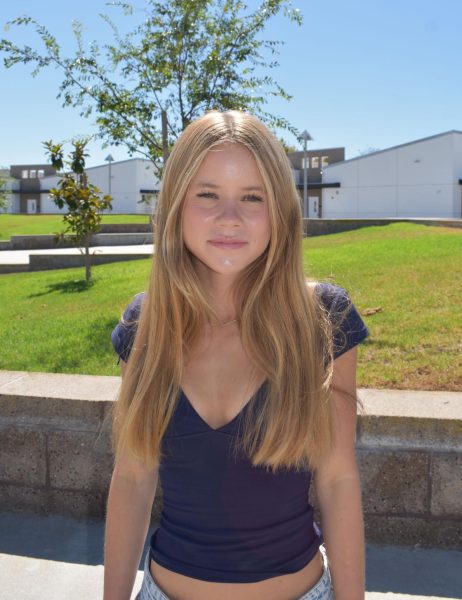This year’s Women’s panel during third period in the theater, March 26, explored the different experiences of women in the professional space. Clara Lynch (10), a member of the ASB culture committee, planned the event and, alongside administrative assistant Tara Appling, asked the panelists a series of thought-provoking questions.
Lynch asked the panelists why they chose their current careers, and for Marquessa Castorena, mental health therapist at Westview, her background as a program manager in a group home for girls inspired her to pursue social work.
“[At the group home], I witnessed a lot of things that they experienced: the traumas, some of these girls came from human trafficking, some of these girls experienced hardships within their households,” Castorena said. “I saw the support they needed that they weren’t receiving. It was really important to me to figure out what I could do to advocate, and that’s how it led me here today. I just wanted to continue to provide a space for people to feel safe to talk about their stories and their backgrounds but also help them find their voice to be able to get to where they want to in life and not feel like they’re silenced or alone.”
Sheena Greene, published author with the pen name S.J Greene, said the wide range of professions of the panelists helped to portray a complete picture of what it’s like to be a woman in the workforce.
“No two women have the same exact experience,” Greene said. “We’re all different individuals regardless of our gender. So just having that diversity of professions and personalities and experiences was very important to be able to give you guys the most complete picture that we could of what it has been like for us. And frankly, there’s a lot of experiences that weren’t represented on that stage. So, there’s even more opportunity there to learn from others.”
When posed the question of what it has been like to be a woman in her field and how she navigates those challenges, Andie Schmidt, PUSD bus driver, said that as a female bus driver it is hard to make people see her and other female drivers as equal to their male counterparts.
“The mechanics who take care of our buses often brush us off if we say there’s something wrong with our bus,” Schmidt said. “[The mechanics say] ‘Oh no, it’s fine, it’s ok. Keep driving it.’ I’m like ‘no, I heard a noise and I know that noise is not supposed to be coming out of my bus, can you please recheck it?’ And they might brush it off again and sometimes you have to push a little bit more being a female, but I have no problem doing that. It’s important to be able to stand up for yourself and not let them just brush it off.”
Jennifer Radosevich, Westview librarian, has also been put in positions where she has had to stand up for herself. The field of librarianship is predominantly female, but those in the higher ranks of education who sign off on her work are often male, and she has had to learn to stay confident in her knowledge when her requests are not being taken seriously.
“I think that oftentimes men can be dismissive,” Radosevich said. “In terms of standing your ground I’ve had several experiences where I had to go toe to toe with the superintendent and then we took it all the way to the state board in Colorado. I think there’s this centering that has to happen in knowing your worth because anybody who doesn’t know what you know can dismiss it, but oftentimes those voices are male voices so they tend to be louder or more powerful or seen as such. There aren’t many men at this point who understand the field of librarianship, especially at the school level.”
When asked what they would have changed, looking back on their careers, a central theme of the panelists’ responses was they wished that they wouldn’t have been scared to try new things or branch out. Although she said she knows she would have been a good engineer, Vanessa Ho, Westview counselor, said at the panel that she never pursued that path because it wasn’t “cool” at her high school.
“I never tried that [engineering] because I was too worried about what people thought,” Ho said. “I wish I didn’t care as much then because I think I would have done more. I would have experienced more. I would have tried more things. I do wish that I had taken more chances.”
Similarly, Schmidt says she din’t become a bus driver sooner because she was scared to take that step.
“I was fearful,” Schmidt said. “I loved working with kids. And I loved driving. Why not drive a school bus? And then you limit yourself and say ‘I’m just a bus driver.’ You’re never ‘just’ anything. We continue to aspire to things. I learned that I could drive that bus and that it wasn’t as hard as I thought it was gonna be. And now I have people coming to me asking to teach them.”
Radosevich also suffered with that negative mentality when first becoming a librarian, but learned to overcome her insecurities by realizing that she has the power to define her career.
“You can be whatever you want and you can define it and color it and shape it to be your version of it,” Radosevich said.
Although Greene said there has already been so much breakthrough allowing women to be whatever they want, there is still more to be accomplished.
“Nowadays there’s been a lot more progress made in just normalizing that any gender can be in any job, but we’re not there yet,” Greene said. “The other thing I’d like to see is more women not putting themselves in that box of like, ‘I can’t do this or I’m not as good at this and therefore I’m gonna go down this route,’ and really challenging [themselves to think], Is that really how it is or are all these social norms and experiences that you have shaping that opinion about yourself?”





![Jolie Baylon (12), Stella Phelan (12), Danica Reed (11), and Julianne Diaz (11) [left to right] stunt with clinic participants at halftime, Sept. 5. Sixty elementary- and middle-schoolers performed.](https://wvnexus.org/wp-content/uploads/2025/09/IMG_1948-800x1200.png)
